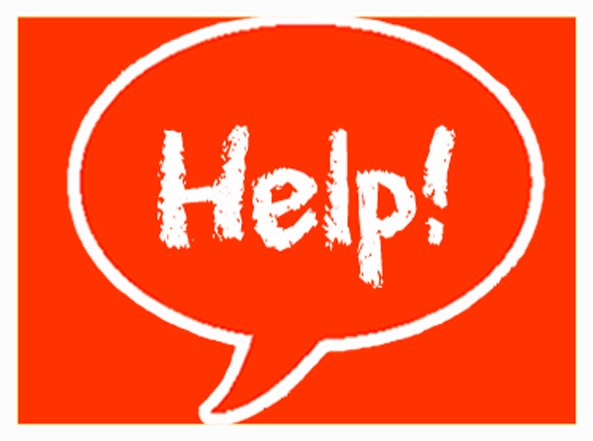
I am a therapist, but I have come to resent the notion of “self-help.”
One problem with “self-help” as we know it is that it emphasizes “how to.” A lot of people, in trying to cope better emotionally, ask questions like: “How can I feel better?” or “How do I learn to be more rational?” While these are perfectly reasonable questions in many cases, they don’t help you root out the real problem.
The real problem, in most cases, involves errors in thinking.
Errors in thinking include: Faulty logic; minimization or denial of important facts; or hidden but mistaken premises or assumptions. People are often rushed, stressed or simply never developed clear and coherent thinking habits. As a result, their mental states become chaotic or worse. You help yourself not by telling yourself to feel differently, but by improving your thinking habits.
Conventional self-help tends to focus on “making yourself feel better” rather than finding the errors in your thinking causing your problems. You see books with titles like “Finding the Love You Want,” as if finding love will make you a better thinker and a better person, rather than doing this for yourself. It’s admittedly more motivating to think, “I’m going to make myself feel better” than it is to say, “I’m going to uncover my errors in thinking.” However, the second will lead to actually feeling better, while the first is usually a misguided or even futile task. This is one reason why I repeatedly hear people say, “I read ten [or seventy-five] self-help books, and while they all make some sense, nothing is better.”
The point is not to find “tools to make me happy” but to alter the environment of your life so that happiness is more present. In order to do this, you have to make sure your thinking is logical. Let’s say “finding the love you want” is your goal. The first question is: What kind of person do I want to love? The next question: What kind of person do I have to be in order to earn that person’s love?
For most, the sole question is ‘What kind of person do I want to love?’ People make their lists of what they’re seeking in a romantic partner. So far as it goes, this is perfectly reasonable. But then the challenge becomes finding that person. This is an open-ended process. You might find that person in a week, a month, or a year — or in a worst case scenario, even never. Depression, anxiety and other emotional maladies increase. Your life becomes hostage to something you cannot directly control.
The good thing about the second question — ‘What kind of person do I have to be in order to earn that person’s love?’ — is that YOU have control over it. You have control over identifying, in objective and concrete terms, how you can be a better person. It’s motivating, too, because there’s something very important in it for you: The love of someone whose love you want to earn. It’s not merely “becoming a better person” for its own sake, but with a very real payoff in mind.
In setting this goal, of becoming the person your ideal lover would love, you can set subgoals and attain them. You can achieve valuable things along the way, and you’re not held hostage to the time, date and place that you happen to meet your love. For example, “My ideal will love someone who has more interesting hobbies.” It’s a concrete, closed-ended process to identify and pursue more interesting hobbies, rather than defaulting to watching TV every night. “My ideal will love someone who’s more well-read.” You can spend months on a project of reading more of the great books. “My ideal will love someone who’s willing to travel, rather than someone who’s too cheap or afraid to fly and take long trips.”
This is how you build self-esteem, one brick and one wall at a time.
Conventional self-help, knowingly or not, seeks ends without means. It seeks the end of “feeling better about yourself” rather than providing the ideology and methodology required for attaining that emotional end over the course of life.
If your self-help isn’t helping you, this is probably why. You shouldn’t be discouraged or give up hope. Most of all, you don’t need a therapist or psychiatrist to tell you that all of your problems reside in your past, or your biological make-up. Most if not all of your problems reside in your thinking and your approach. You can change those, once identified, without much difficulty and surprisingly quickly. You can find a good psychotherapist, or a rational life coach, to help you help yourself with your thinking … not to “make you feel better” or make excuses for you that won’t change a thing.
It can take decades to build a meaningful life worth remembering; but you can get started in the course of any given day.
